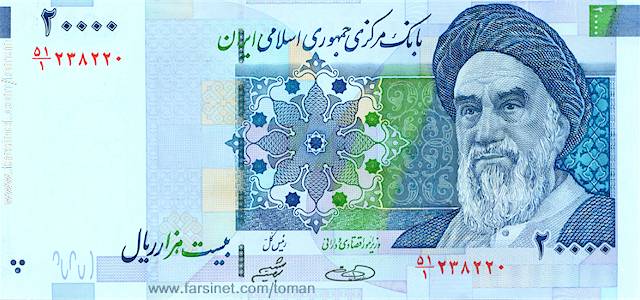China This Week: Sino-Russian Partnership; Cooperation With EU, Beijing Going to the Moon
 China, Russia Talk Energy, Security, Finance: China and Russia have issued a joint statement on strategic partnership in energy.
China, Russia Talk Energy, Security, Finance: China and Russia have issued a joint statement on strategic partnership in energy.
The two sides pledged cooperation on crude oil, natural gas, coal, electric power, nuclear energy, energy efficiency, and renewable energy, and they looked for a quick consensus on the construction of the Sino-Russian natural gas pipeline. The two sides agreed to promote the development of coal mines, supported by railway and port construction, and to work together on trading of electric power and grid enhancement.
In a statement signed by Chinese President Hu Jintao and Russian President Dmitry Medvedev, Beijing and Moscow called on Asian and Pacific countries to step up efforts to maintain regional security and stability amid mounting threats and challenges in the Asia-Pacific region.
Both sides also agreed to expand bilateral financial cooperation, including mutual trading between the renminbi (RMB), the Chinese currency, and the ruble.
 ASEAN,
ASEAN,  Cuba,
Cuba,  DPRK,
DPRK,  Dmitry Medvedev,
Dmitry Medvedev,  EU,
EU,  Greece,
Greece,  Hu Jintao,
Hu Jintao,  Japan,
Japan,  Russia,
Russia,  Wen Jiabao,
Wen Jiabao,  lunar exploration
lunar exploration 








